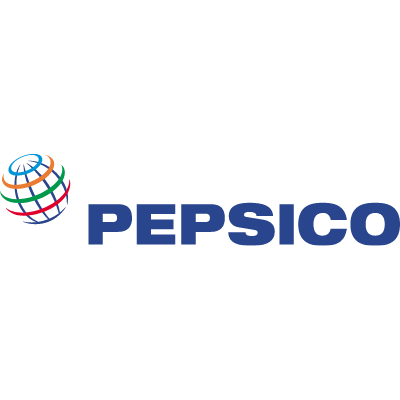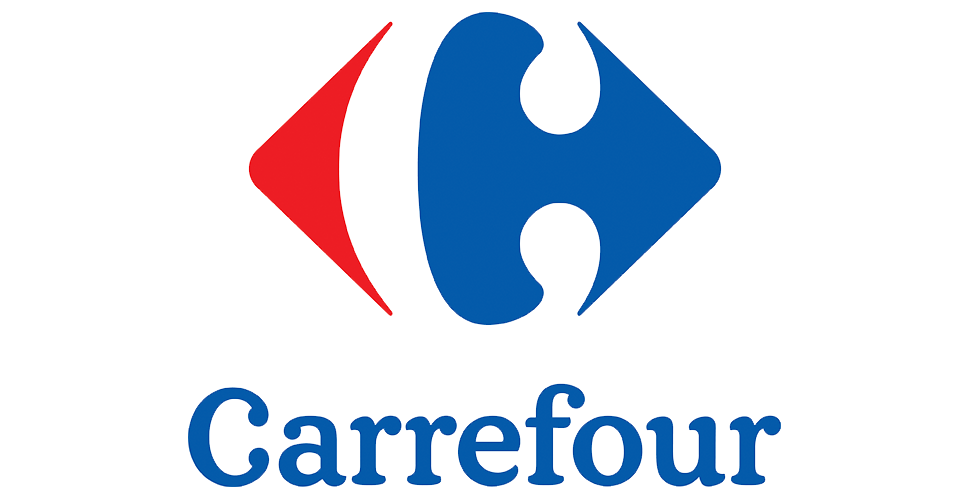Magento is one of the most popular and functional platforms for creating professional online shopping sites. Works on Magento were started by Varien In, a Californian company, in 2007, and already in 2008, the first version of its software was made available. In 2015 the company released a new version of the application numbered 2, and from June 2020 the company announced the end of support for Magento version 1.9, also an upgrade to version 2 is recommended. Magento has met users’ needs and provides data migrators between these versions. The current owner of the Magento brand is Adobe, which bought it for a considerable amount of $168 billion in 2018. The 2019 research shows that the Magento platform is the third largest and most eagerly implemented online shopping site, going just behind WooCommerce and Shopify. The platform’s great advantage over the competition is its scalability and modularity, which results in almost unlimited implementation possibilities. The WooCommerce and Shopify platforms cannot compete with Magento in this regard, so if you are planning to implement a large application that will have a number of dedicated functionalities then Magento will be the best choice. The main language used in the application is PHP language in the latest version 7, which guarantees speed and security. Adobe is making two versions of the software available to the market:
Magento Open Source
The free version of Magento, originally known as Magento Community Edition as a result of the rebranding of the entire product range in 2017, has been rebranded to Magento Open Source. Available to download for free under an open source licence, designed for both small and large on-line shops. The free version of Magento is not very different from the paid version of Magento Commerce, it has all the necessary features to create a fully functional online shopping application. With the right infrastructure and development team, Magento Open Source can easily compete with other paid Magento offerings. Necessary modules such as Page Builder can be purchased from third-party module developers for Magento.
Magento Commerce
Magento Commerce is the product formerly known as Magento Enterprise Edition, which is theoretically aimed at larger organisations that require premium support levels and a wider set of functionality. While Magento Open Source is free then Magento Commerce has a licensing fee that starts at $24,000 per year and is based on the shop’s revenue. For this version, Adobe provided the Magento Commerce Cloud service allowing the application’s server architecture to be maintained in the Magento Cloud. The benefits provided by the paid version include a website builder, B2B customer support, ready integration with ERP applications and technical support. You can read more about the benefits of using the paid version on the manufacturer’s website: https://magento.com/products/magento-commerce
Technologies used
As mentioned above the main core of the application is written in PHP, for the current version of Magento 2.4.1 it is PHP 7.4. The source of data for the platform is database MariaDB or MySQL system, to improve performance Magento 2 additionally uses a ElasticSearch non-relational database allowing, among other things, to obtain search results quickly. Until version 2.3 ElasticSearch was optional, currently it is already required during the installation process. The app works well with Varnish’s full page caching system, which significantly reduces site load times. RabbitMQ, which has recently become very popular, is used to queue messages. On the frontend side, the technologies used are LESS, jQuery, Knockout, RequireJS. Of course, to run the application you will also need an HTTP server such as Apache or Nginx.




Extensions
Another great advantage of choosing Magento is the multitude of available modules. Many external companies not associated with Adobe develop and provide various types of modules that can be easily installed in the shop. The installed module can be customised as the developer can overwrite the main Magento functionalities as well as the installed modules without interfering with their original source code. For example, the Page Builder functionality from Magento Commerce can be found and purchased on-line for $200 from a third-party vendor and you can enjoy a Page Builder that functionally does not differ from the version that is in Magento Commerce. Carriers and payment service providers such as DHL, DPD, PayPal, P24, among others, provide free fully functional modules for the platform. The DHL module, in addition to functions related to the selection of the carrier from the customer’s side, also provides a multitude of functions facilitating order processing by the on-line shopping site administrator. We are talking about functionalities such as generating parcel labels, parcel tracking, etc.
To sum up,
Magento will prove to be a good choice for large-scale web applications that aim to provide a good fit between functionality and customer requirements. Implementing a shopping site on the Magento platform may prove to be a little more time-consuming and costly than with WooCommerce and Shopify but it will guarantee that the code is scalable and expandable in the future. If the customer wants to change or add new shop functions, this should not be a major problem









